PANEL DISCUSSION
Funding evidence-informed policy initiatives: priorities for now and the near future
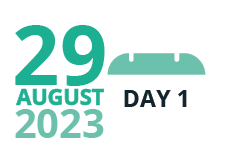
14:20–15:20 (CEST)
The session will focus on funders' perspectives and priorities for the future of the evidence-to-policy (E2P) field.
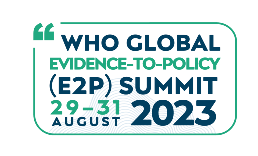
Why does it seem that evidence-informed decision-making is usually an “extra” in projects and not the main funding focus? In this thought-provoking session, we will delve into funders' perspectives, priorities, expectations, and collaboration strategies. Discover how we can bridge the evidence-to-policy gap and enhance the impact of funding.
The session will focus on funders' perspectives and priorities for the future of the evidence-to-policy (E2P) field. The main objectives are to understand funders' views on E2P priorities, including the E2P approach within their organizations, and to learn about their expectations from actors in the evidence ecosystem.
Key questions and session highlights
- What are the top two to three funding priorities of your institution to bridge the evidence-to-policy nexus? Do you see any particular gaps/areas that are underfunded?
- What do you expect from the E2P community – from academics, policy-makers, the UN, NGOs, knowledge brokers, etc. – when it comes to advancements in the E2P field, collaboration, or uptake of new tools and methods?
- What is the importance of E2P in achieving a return on investment (RoI) and measuring the impact of the funding made?
Moderator

Jeremy Farrar
Chief Scientist, World Health Organization, Switzerland
Panelists

Montasser Kamal
Director Global Health, International Development Research Centre, Canada
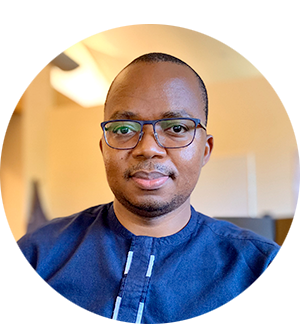
Christopher Chibwana
Program Officer, Gender Equity and Governance, William and Flora Hewlett Foundation, United States of America
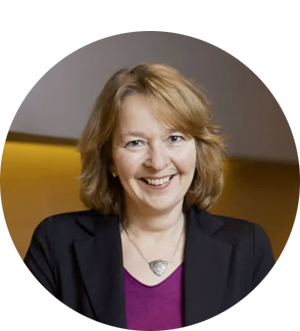
Henrike Hartmann
Deputy Secretary General, Volkswagen Foundation, Germany

Beth Thompson
Chief Strategy Officer, Wellcome Trust, United Kingdom
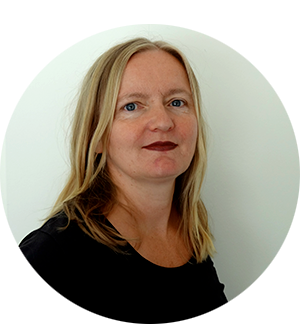
Hanna Surmatz
Head of Policy, Philantrophy Europe Association (Philea), Belgium
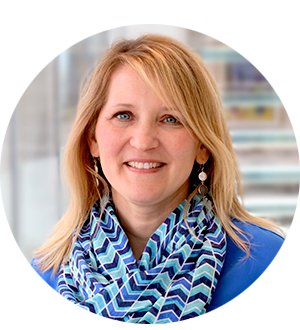
Angela Bednarek
Project Director, The Pew Charitable Trusts, Lead of the Transforming Evidence Funders Network, United States of America
